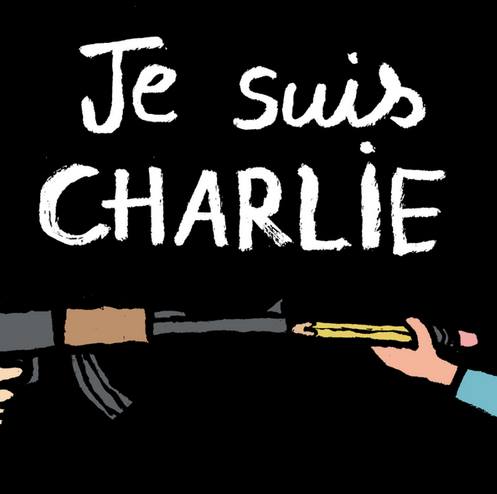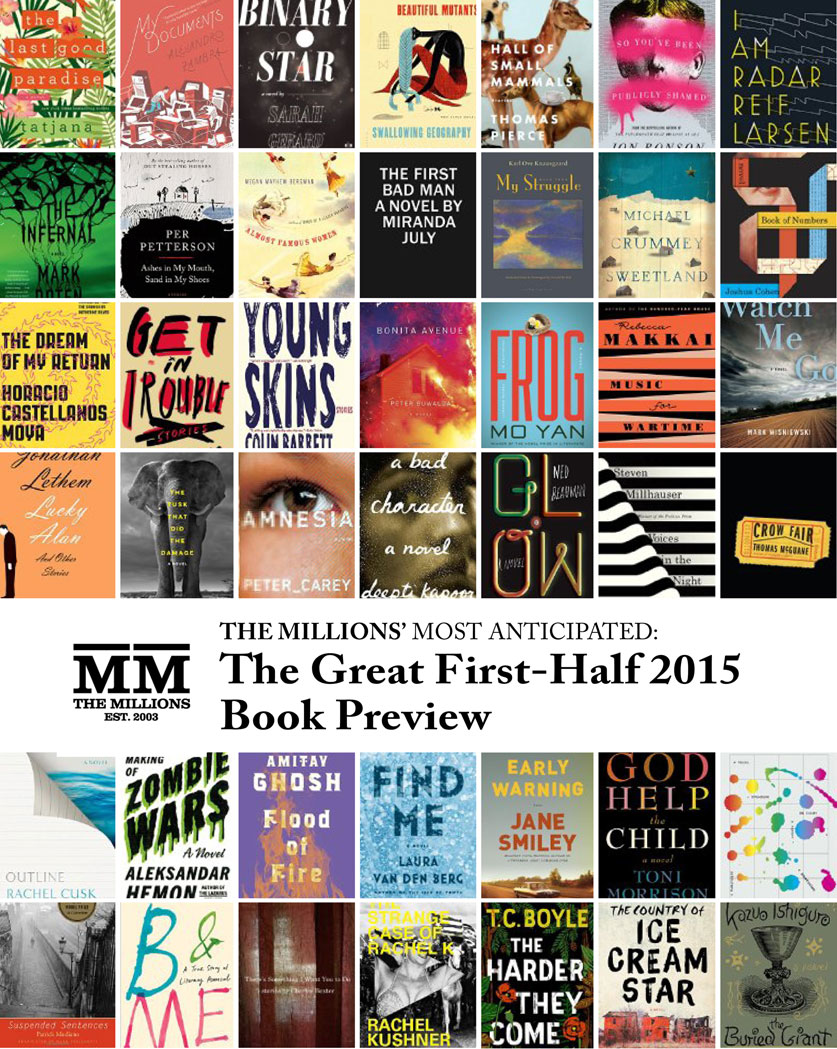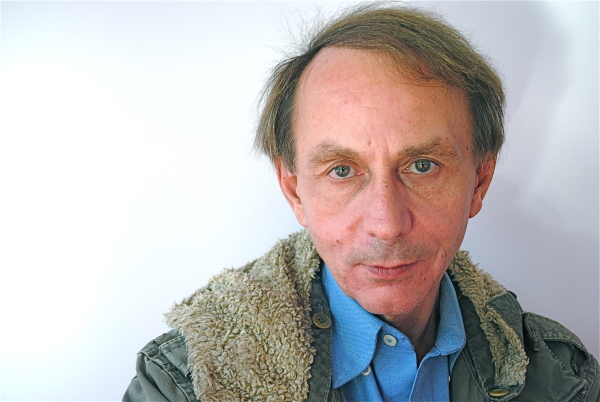
Today is a very sad day for freedom of expression. Thoughts go out to the victims and their families.

Last year offered many treats for readers: hotly anticipated new books by David Mitchell andMarilynne Robinson; the emergence of our own Emily St. John Mandel as a literary superstar; the breakout success of Anthony Doerr. 2015 offers more riches. This year we’ll get to crack open new books by Jonathan Lethem, Kelly Link, Kazuo Ishiguro, Kate Atkinson, Toni Morrison, Aleksandr Hemon, and Milan Kundera. Our own Garth Risk Hallberg will have his much anticipated debut on shelves later this year. Look beyond the hazy end of summer 2015 and Jonathan Franzen will be back with a new novel. All of these and many more are the books we’re looking forward to this year.
The list that follows isn’t exhaustive—no book preview could be—but, at 9,000 words strong and encompassing 91 titles, this is the only 2015 book preview you will ever need. Scroll down and get started.
January:
Amnesia by Peter Carey: Carey’s new novel uses a cyberattack as the lens through which to consider the often-fraught history of the relationship between the United States and Australia. A radical hacker releases a worm into a computer system that governs both Australian and American prisoners. The doors of five thousand prisons in the United States are opened, while in Australia, hundreds of asylum-seekers escape. An Australian journalist, determined to figure out the motivation behind the attack and trying to save his career, struggles to get the hacker to cooperate on a biography. (Emily)
(…)
February:
(…)
Satin Island by Tom McCarthy: McCarthy’s fourth novel introduces us to a “corporate anthropologist” struggling to wrest an overarching account of contemporary existence from a miasma of distraction and dream. Perhaps he’s a stand-in for your average internet user. Or novelist. At any rate, expect ideas and delight in equal measure (assuming there’s a distinction); McCarthy’s reputation as a “standard bearer of the avant-garde” underrates how thoroughly he’s mastered the novelistic conventions he’s concerned to interrogate – and how fun he is to read. (Garth)
(…)
The Strange Case of Rachel K by Rachel Kushner: Before she published her two richly accomplished novels, Telex From Cuba and The Flamethrowers, Rachel Kushner wrote three short works of fiction that are collected in The Strange Case of Rachel K. In “The Great Exception,” a queen pines for an explorer as he makes his way to “Kuba.” In “Debouchement,” a faith healer’s illegal radio broadcasts give hope to an oppressed island populace. And in the title story, a French-style zazou dancer in pre-revolutionary Cuba negotiates the murky Havana night. The stories read like warm-up sketches for Telex From Cuba, and they’ll be of interest to Kushner’s ardent fans and future scholars. Others will be left hungering for something new from this outlandishly gifted writer. (Bill)
(…)
March:
The Buried Giant by Kazuo Ishiguro: It’s been ten years since Never Let Me Go, so for Ishiguro fans, his new novel has been long-anticipated. His British publisher, Faber & Faber, offered up a somewhat oblique teaser early last year: it’s a book about “lost memories, love, revenge and war”; the website, which is currently just a (kind of intense) book trailer, doesn’t help much either—but then, if Never Let Me Go is any indicator, perhaps we’d all be better off without a lot of spoilery summaries in advance. (Tess)
(…)

It’s 2022, and France is living in fear. The country is roiled by mysterious troubles. Regular episodes of urban violence are deliberately obscured by the media. Everything is covered up, the public is in the dark … and in a few months the leader of a newly created Muslim party will be elected president. On the evening of June 5, in a second general election—the first having been anulled after widespread voter fraud—Mohammed Ben Abbes handily beats Marine Le Pen with support from both socialists and the right.
The next day, women abandon Western dress. Most begin wearing long cotton smocks over their trousers; encouraged by government subsidies, they leave the workplace in droves. Male unemployment drops overnight. In formerly rough neighborhoods, crime all but disappears. Universities become Islamic. Non-Muslim teachers are forced into early retirement unless they convert and submit to the new regime.
This is the world imagined by Michel Houellebecq in his sixth novel, Soumission(Submission), which will appear next week. Should it be read as a bad Op-Ed, as pulp fiction for an election year, or as the attempt of a great writer to air a social critique through farce? In an exclusive interview—the first he’s given about this novel—Houellebecq explains what led him to write a book that has already created a scandal in France, even before its publication.
Why did you do it?
For several reasons, I’d say. First of all, I think, it’s my job, though I don’t care for that word. I noticed some big changes when I moved back to France, though these changes are not specifically French, but rather Western. As an exile you don’t take much of an interest in anything, really, neither your society of origin nor the place you live—and besides, Ireland is a slightly odd case. I think the second reason is that my atheism hasn’t quite survived all the deaths I’ve had to deal with. In fact, it came to seem unsustainable to me.
The death of your dog, of your parents?
Yes, it was a lot in a short period of time. Part of it may be that, contrary to what I thought, I never was quite an atheist. I was an agnostic. Usually that word serves as a screen for atheism but not, I think, in my case. When, in the light of what I know, I reexamine the question whether there is a creator, a cosmic order, that kind of thing, I realize that I don’t actually have an answer.
Whereas before you felt …
I thought I was an atheist, yes. Now I really don’t know. So those are the two reasons I wrote the book, the second reason probably outweighing the first.
How would you characterize this book?
The phrase political fiction isn’t bad. I don’t think I’ve read many similar examples, but at any rate I’ve read some, more in English literature than in French.
(…)
